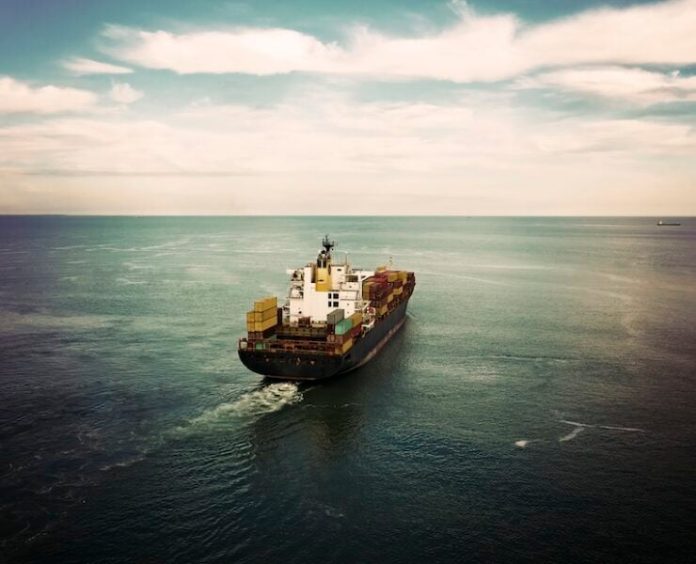The International Energy Agency (IEA) has reported a significant increase in global oil demand due to shipping disruptions in the Red Sea, which have led to diversions around the Cape of Good Hope.
This situation has begun to impact global demand for petroleum, particularly bunker fuel, which is used to power ships. The diversions, prompted by Houthi attacks on cargo vessels, have had a measurable impact on demand, leading the IEA to increase its supply/demand estimate for 2024 to reflect almost 120,000 barrels per day more demand than it forecast just one month ago.

In February, the IEA projected that global demand for petroleum in 2024 would be 103 million barrels a day. However, a month later, this forecast was revised up to 103.18 million barrels a day. The global demand in the first quarter of 2024 is expected to be about 1.7 million barrels a day greater than it was in the first quarter of 2023, just over 102 million versus just over 100 million. This pace of higher first-quarter consumption is above the 1.34 million barrels a day now projected for a full-year increase in global demand.
The IEA’s report also highlights the impact of these shipping disruptions on oil on water, which refers to oil that is on ships in transit or being stored on a tanker. These totals increased by 115 million barrels since the middle of last year, with much of that increase coming in February. The surge in oil on water, along with surging U.S. ethane demand for its petrochemical sector, underpins a slight upward revision to the IEA’s global oil demand expectations for this year by 110 kb/d compared with last month’s report.

The U.S. is also driving demand, not just for transportation fuels but also for ethane, which is used as a petrochemical feedstock. The U.S. output of ethane, used to make ethylene that in turn is a basic feedstock in petrochemical operations, was 2.612 million barrels a day in December, up from 1.73 million barrels a day in November 2018.
The IEA’s higher estimates on global demand are led in part by bunkering, which is the process of refueling ships at sea. Singapore, which accounts for about 25% of global bunker demand, has seen a significant increase in bunkering, with 3,751 vessels bunkering in Singapore in January, an all-time high. This is due to ships avoiding the Suez Canal taking longer journeys around the Cape of Good Hope and efforts to make up time by sailing at increased speed, which act as an additional boost to fuel consumption.
In summary, the Red Sea shipping disruptions have led to a significant increase in global oil demand, driven by diversions around the Cape of Good Hope, increased bunkering, and strong U.S. demand for ethane. This situation underscores the interconnectedness of global oil markets and the impact of geopolitical events on global energy supply and demand dynamics.
Also Read: Alisa Manyok Wikipedia Bio And Age: Who Is She? Find Out Here!

